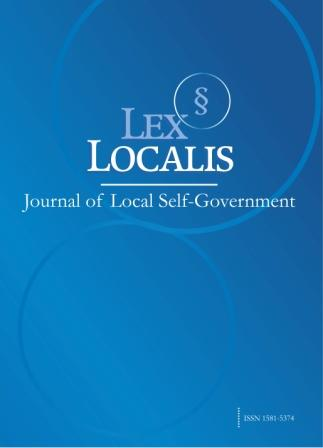THE TRUTH ABOUT BRITISH INDIRECT RULE IN UGANDA 1894-1962
DOI:
https://doi.org/10.52152/tc0jxz65Keywords:
Uganda, British policy, protectorate, Lugard, indirect rule, colonial ruleAbstract
This research paper attempts to dissect British colonial administrative policy in Uganda, explaining how Britain transformed from a protector of Ugandans to an occupier of the land and people. Britain operated according to a carefully considered colonial administrative policy, ostensibly humanitarian and advisory in nature, yet purely colonial and imperialist. This study refutes the thesis of the novel indirect rule, demonstrating how this system helped Britain consolidate its influence with minimal military and administrative costs. At the same time, however, it produced distorted institutions that served colonial interests more than the interests of the Ugandan people. While the claim that indirect rule granted relative independence to Africans is often misinterpreted, historical reality confirms that this system was a tool for consolidating colonialism not for transferring power or empowering Africans to self-manage, but rather for reproducing dependency in a more flexible and effective manner. Accordingly, the colonial administration controlled major decisions, particularly those related to taxes, resources, and foreign policy. Perhaps even more dangerous is that this system has given privileges to certain Ugandan kingdoms, most notably Buganda, at the expense of other groups, thus sowing the seeds of division and conflict in the region.
Downloads
Published
Issue
Section
License
Copyright (c) 2025 Lex localis - Journal of Local Self-Government

This work is licensed under a Creative Commons Attribution-NonCommercial-NoDerivatives 4.0 International License.








